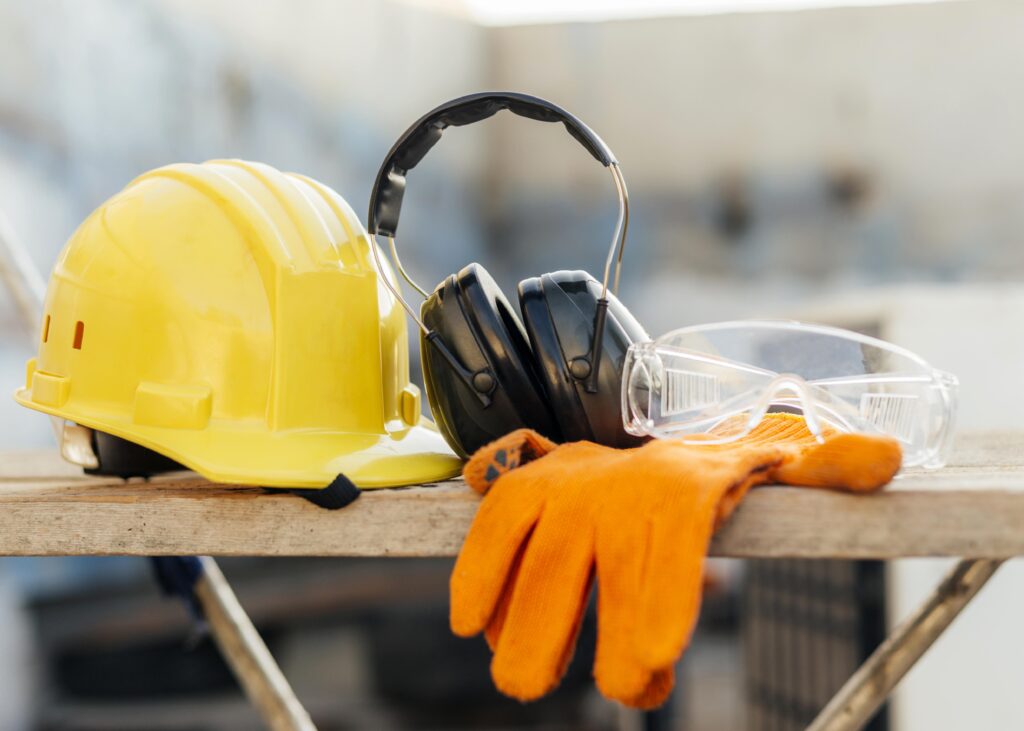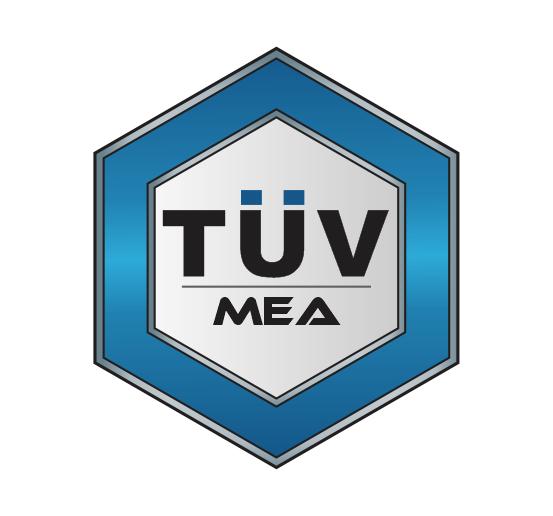Health Safety
TUV MEA Provides health safety training and certifications for all types of industrial sectors, including the following:
Risk Assessments
Risk assessment courses teach individuals how to identify, assess, and mitigate potential hazards in the workplace. This includes evaluating risks to health and safety and implementing effective control measures.
Benefits: Enhanced risk management skills lead to a safer work environment, reduced incidents, and improved compliance with safety regulations.

Work at Height
Work at height courses focus on the safety measures and precautions required when working above ground level. This includes proper use of equipment like ladders, scaffolds, and fall protection systems.
Benefits: Decreased risk of falls and accidents, improved competency in using height-related equipment, and compliance with regulations such as OSHA or equivalent.
Confined Space Entry
Confined space entry courses train individuals on safe entry and work procedures in confined spaces, emphasizing hazards such as limited ventilation, toxic substances, or engulfment risks.
Benefits: Reduced incidents of injuries or fatalities in confined spaces, compliance with safety standards, and improved emergency response capabilities.
H2S (Hydrogen Sulfide) Awareness
H2S courses educate individuals about the properties, risks, and safe handling of hydrogen sulfide gas, a common hazard in industries such as oil and gas.
Benefits: Increased awareness of H2S risks, proper emergency response training, and prevention of H2S-related incidents.
Electrical Safety
Electrical safety courses cover safe work practices when dealing with electricity, including proper use of equipment, identification of hazards, and understanding electrical systems.
Benefits: Reduced risk of electrical shocks, fires, and other electrical accidents, improved understanding of electrical safety regulations, and compliance with industry standards.
Basic Fire Safety
Basic fire safety courses provide fundamental knowledge on fire prevention, evacuation procedures, and the proper use of firefighting equipment.
Benefits: Increased fire safety awareness, improved emergency response, and reduced potential for fire-related injuries and property damage
Basic First Aid
Basic first aid courses teach essential life-saving skills, including CPR, wound care, and responding to medical emergencies.
Benefits: Increased ability to provide immediate assistance in emergencies, improved workplace safety, and potential to save lives before professional help arrives.
Defensive Driver Training
Defensive driver training courses focus on safe driving practices, hazard awareness, and accident prevention.
Benefits: Reduced risk of road accidents, improved driver behavior, and compliance with traffic laws, resulting in safer transportation of goods and personnel.
Scaffolding Inspector
Scaffolding inspector courses train individuals to inspect and assess the safety of scaffolding structures, ensuring compliance with regulations and industry standards.
Benefits: Improved scaffolding safety, identification of potential issues before accidents occur, and compliance with safety guidelines.
Scaffolding Safety
Scaffolding safety courses provide comprehensive training on the proper erection, use, and dismantling of scaffolding structures.
Benefits: Reduced risk of scaffolding-related accidents, increased competency in scaffolding operations, and compliance with safety regulations.
